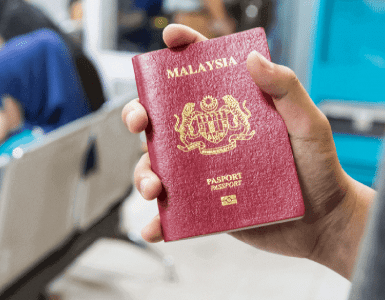BY: TAN WEIZHEN
Weary consumers who have been receiving unsolicited calls from telemarketers may soon have the option of turning them off for good, as part of a proposed, unprecedented move to legally protect consumers’ personal data.
The Ministry of Information, Communications and the Arts (MICA) is seeking feedback for a proposed Do-Not-Call (DNC) Registry, which would allow consumers to register their numbers to opt out of phone calls, text messages or faxes from telemarketers.
The onus, however, would fall on the telemarketers to regularly check these lists, and remove the numbers found there from their databases.
For years, Members of Parliament have been fighting to have the data privacy rights of consumers legalised and the proposal is part of a larger move to form the framework for a new consumer data protection law, which is expected to be tabled in Parliament early next year.
MICA is also seeking public views for this framework, which aims to protect information that identify an individual, such as IC and mobile phone numbers, as well as visual identifiers.
This could include clamping down on surveys that collect too much information, and collecting or selling of customers’ details without consent.
The ministry acknowledged that with new technologies such as smartphones and social networking applications, developers could draw private, identifiable data from users.
But it noted that in enforcing the new law, it would have to depend on a complaints-based system, rather than an audit-based one due to areas where it is difficult to track. MICA also proposed setting up a data protection commission with the power to investigate and issue fines of up to S$1 million, among other functions.
In drafting the framework, MICA looked at the data protection laws of other countries such as Hong Kong, the European Union, Australia and Canada.
Several lawyers told Today that the Government, in drafting the law, must be mindful to not make it too restrictive or global companies may be deterred from setting up shop here.
Mr Bryan Ghows of Unilegal LLC said that this law cannot be “too unique”. “It must have some similarity to some other country so that the companies don’t have to change their practices too much. In fact, they won’t, and might well pull out of the country if laws get too restrictive.”
He added that laws in the United States and Hong Kong have a good balance between consumer rights and rights of companies.
MICA noted that there will be “a balance between the need to protect individuals’ personal data vis-à-vis the need for organisations to use the data for legitimate and reasonable purposes”.
One proposed scenario which MICA offered involves an electronics store soliciting contact information from customers with the intention of marketing future promotions.
Under the proposed data protection regime, the store must put in place steps to protect the data under various situations. This includes clearly informing the customer of the purpose of collecting the details and to seek his/her consent, which must be sought again if the purpose changes. Customers can withdraw their consent anytime, and all their data must be deleted or made anonymous.
Ms Lisa Watson, chairman of the Direct Marketing Association of Singapore, said that while the new rules may be “painful in the short run”, there are long-term benefits.
She noted that in the US, the DNC Registry had unexpectedly worked well for direct marketers as it made their outreach more targeted.
“They became better targeted as they stopped making unnecessary calls to customers who don’t want to receive them. So instead of calling 10 people just to get one, they maybe just have to call five.
“As marketers, we have lost that trust from customers, and such regulation will be helpful. But the devil will be in the details,” Ms Watson said.
-Today Online












